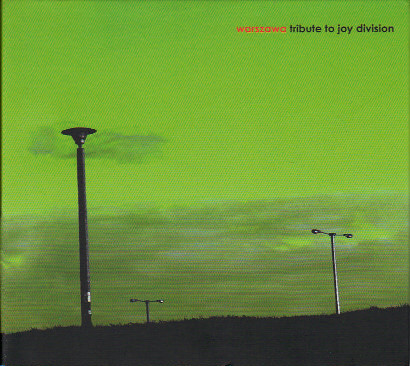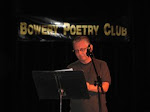OSCAR YOUNG - LIFE IS LIKE A BASKET OF FLOWERS (PART 2)
-
Here's an album from Oscar Young and this came out in 1975.... GET IT HERE
Enjoy!
2 hours ago

Several of the climactic lines took on political meaning: "Give me my freedom, set free my hands! I have given freely, I held back nothing. Ah, how your chains have made my wrists bleed. ..." In 1966, these lines were perceived by some as addressed to the repressive measures of 'Abd al-Nasir's government. After the Egyptian defeat of 1967, they took on a wider meaning, suggestive of the bondage in which many Egyptians felt the entire Arab world to be held. The lines were repeated 'everywhere,' as listeners assigned them new meanings. Over time, Umm Kulthum and her listeners moved the poetic meaning between romantic and political themes.This toggling of meaning between the romantic and the political in popular music is not unique to Kalthoum and her audience. Cui Jian still maintains that "Nothing to My Name," which served as an anthem for the Tiananmen Square protesters in 1989. (Ironically, Cui Jian was one of them, despite his own protest that the song had no intrinsic political meaning.)

